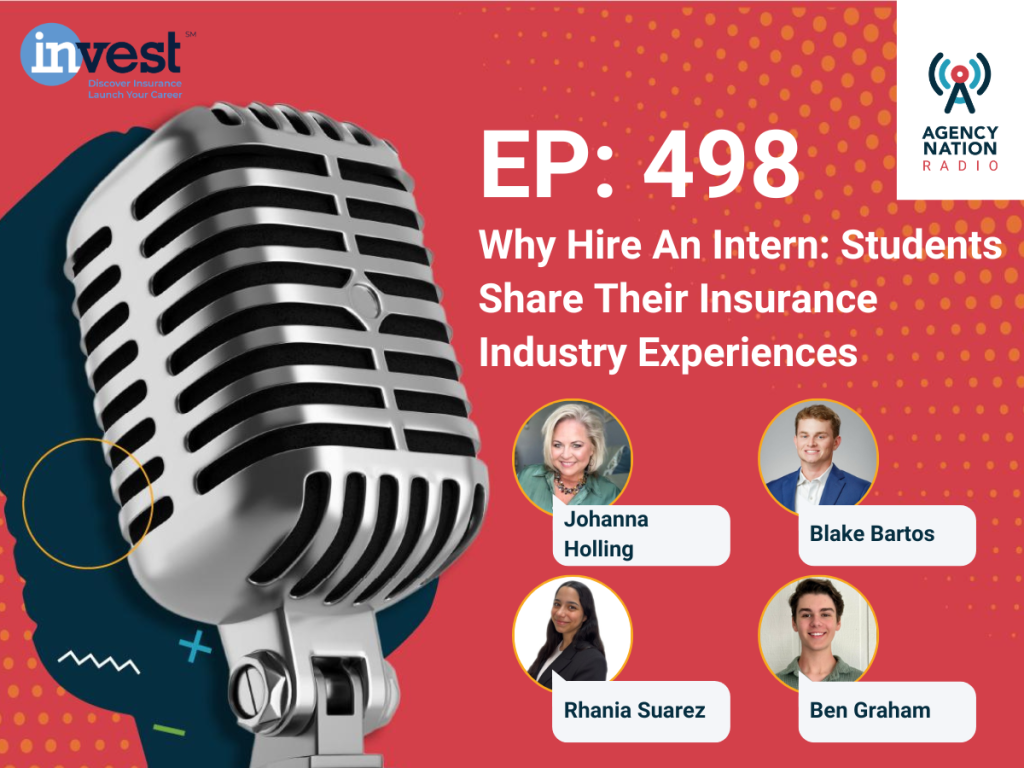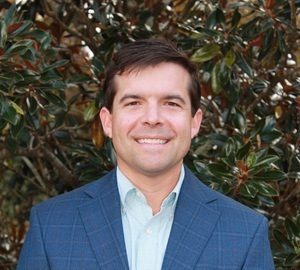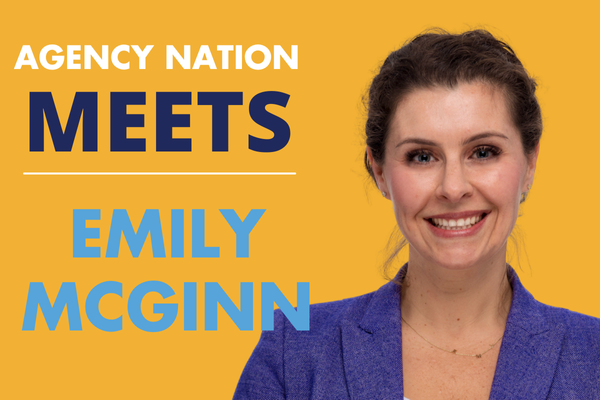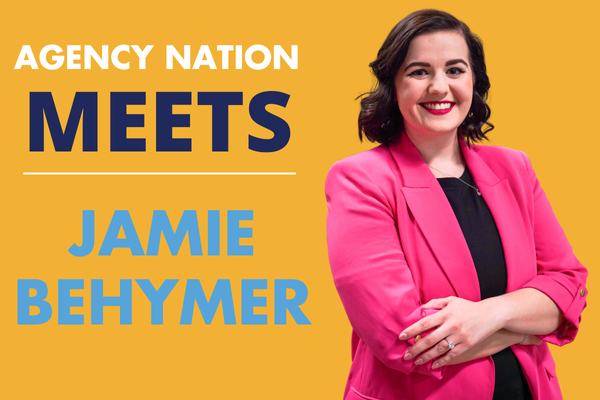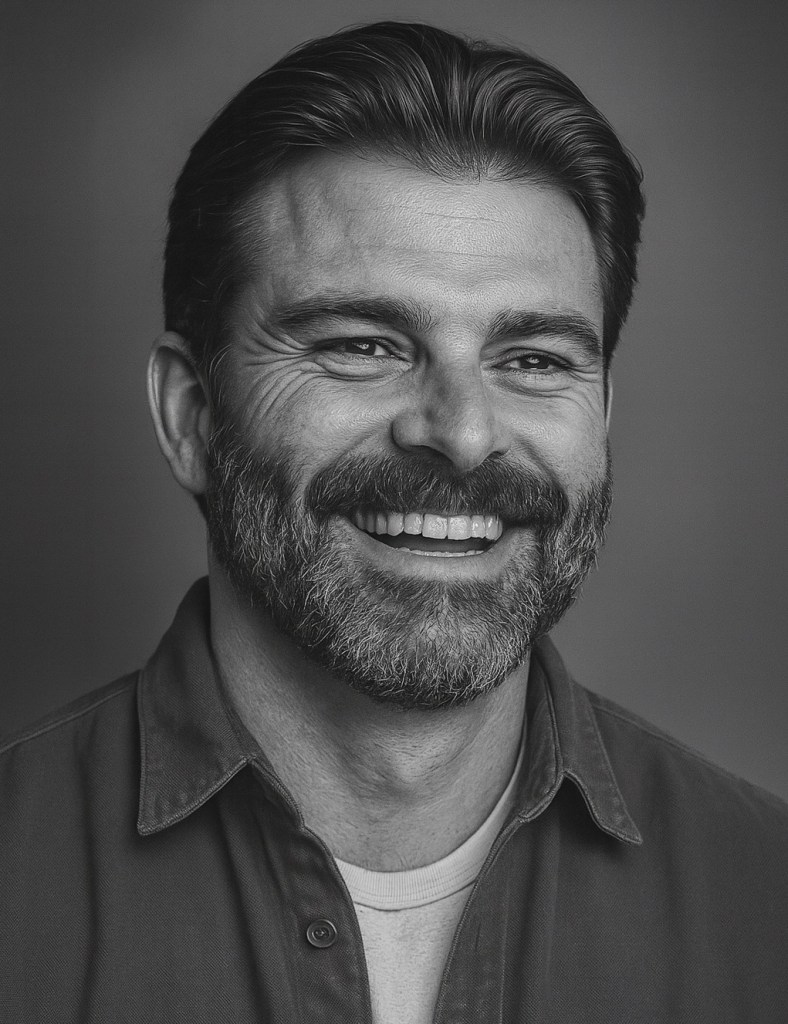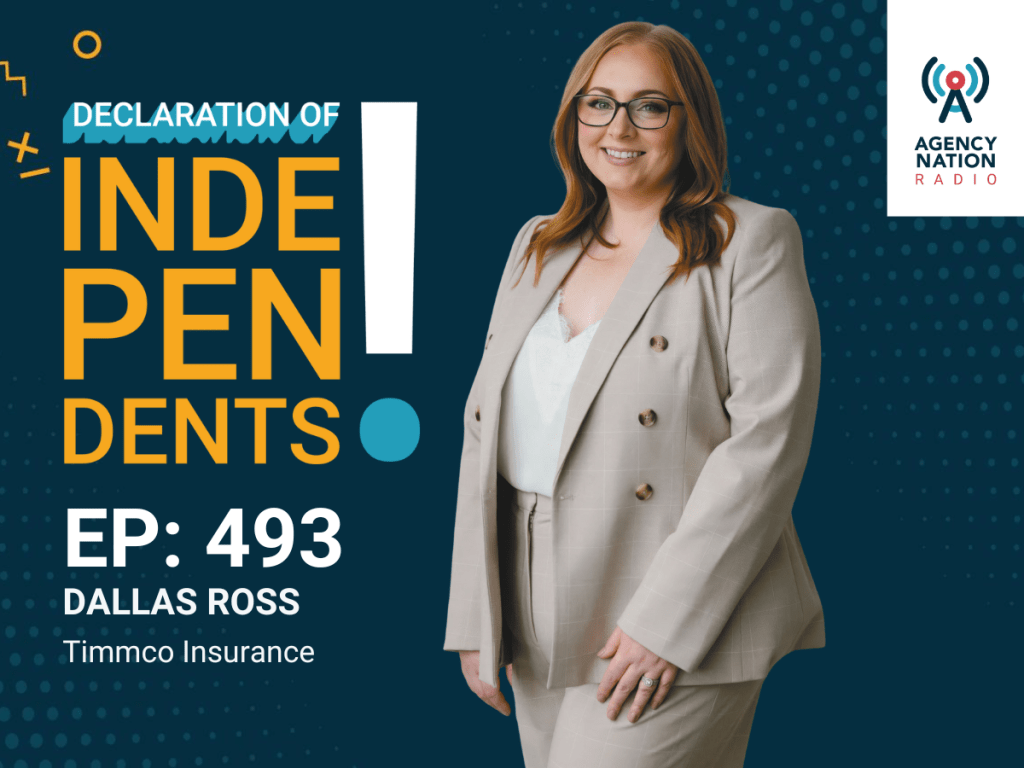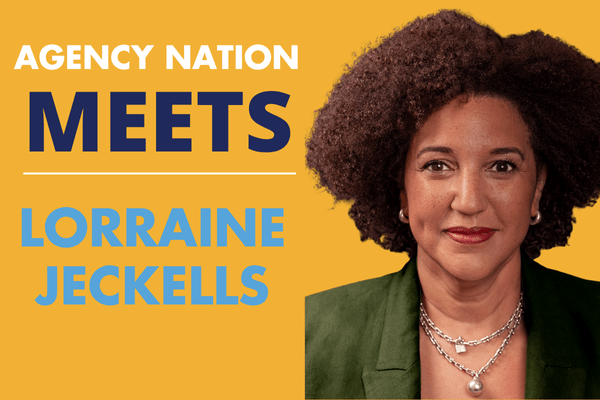Tomorrow Land: Meet Millennial Agent Mitch Southwell
By: Jacquelyn Connelly
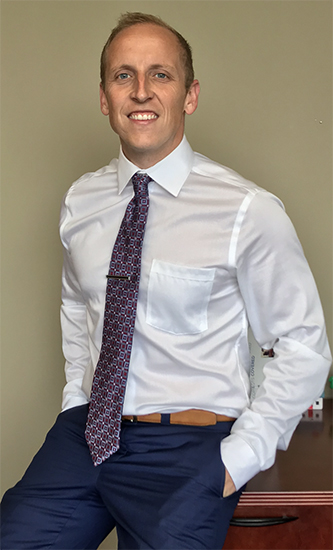
Mitch Southwell
Vice President
Southwell Insurance Agency
Omaha, Nebraska
Age: 31
Guilty pleasure TV show: Westworld
Uber or Lyft: LyftIn your earbuds: “A playlist that ranges from Lil Wayne to Norah Jones.”
Why insurance?
This is my dad’s agency, and seeing him when I was younger—he had the flexibility to coach me in baseball and then come and go from work whenever he wanted, so that always intrigued me. But he was with American Family for 30 years, which wasn’t as enticing, because if you were to ever retire, they would sell the book. You don’t really get to keep it in the family.
I went to school for economics, got a degree at Kansas University, and then after college, I worked in finance for a little bit as a financial consultant. But the turning point was that when you’re on the inbound calls being told when you can go to the bathroom or get up from your desk, that kind of sucks a lot. The opportunity presented itself for me to join the agency right as my dad was going independent, and I jumped on it. It was probably something I always wanted to do deep down, but just never thought it would be a possibility until he made that change.
Captive vs. independent?
I worked for him for maybe two years when he was captive, and I just felt stagnant, like we were losing more business than we were selling. Flexibility is a big factor, but also, you’re always trying to give people the best coverage with the best rate. As an independent, you can always move them to a different company. When the rate goes up with a captive, all you can do is raise the deductible or make another change that costs them more on the back end, just to pay them on the front end. As far as what consumers want, it’s nice to be able to have the option to keep them in-house and serve them laterally.
I think the younger generation is more in tune with that as opposed to the older customers who still want that brand recognition. Nowadays, as long as it’s a reputable company with a good rating, they don’t care if it’s someone they’ve never heard of.
What’s to love?
Connecting with customers and helping them financially, maybe providing better coverages and educating them—just being that person they rely on for their questions or needs. I like being available to my customers personally, as opposed to being an 800 number.
Biggest mentor?
My dad—he’s who I get my work ethic from. He was working 12-hour days but would still have the time to coach my baseball team, go to my two brothers’ sporting events and travel and everything every weekend. And then when he went independent later in his career, he almost had to start from scratch again. He works even harder now in his 60s than he did when he was younger. That’s been a big influence on me.
Millennial stereotype that drives you nuts?
The most annoying one is that we don’t respect our elders. Maybe it’s a Midwest thing, but ever since I was little, I’ve always been a “Yes sir,” “Yes ma’am” type of person. I try to absorb as much as I can from my elders. I think we have a lot to learn from them.
Millennial stereotype that fits you?
That we rely on our cellphones for everything. I’m not necessarily glued to my phone at dinner with friends and stuff like that, but I could probably only tell you five people’s phone numbers off the top of my head, and a few of those are my office number and my dad’s cellphone number. Just being able to have that information at your fingertips is a hard thing to stay away from.
Thoughts on Gen Z?
They’re such do-it-yourselfers. They think they can write their own policy and do it all on their own, and if they see an added cost on the agent, they think, “Why would I use you if I can skip out on that and do it myself?” With Gen Z consumers, I think the biggest challenge will be educating them on what they’re actually paying for in coverage, because all they’re seeing is the number. Sure, you can get your policy from GEICO, but most of the time it’s state minimum coverage and a $1,000 deductible. A lot of people don’t realize they may be saving five bucks a month on the front end, but if they get in a serious accident, it could cost them tens of thousands of dollars on the back end.
And with Gen Z as employees, I think the hardest thing will be marketing. When I first started, we were still cold calling. That’s less effective now because with spam calls, people don’t necessarily answer numbers they don’t know. I’m guilty of that myself. So they’re going to have to figure out the right avenue for tracking down the right customers that are going to be good for their business and good for the insurance provider’s business, too.
My agency is still heavily referral-based, but we do utilize paid ads on Facebook, and you’d be surprised how many leads I get that way. Even if somebody just likes a post, I’ll make it a point to go message them and say, “Hey, I saw you liked this—can I help you?” We get a good chunk of people that way, too. Social media’s huge.
Industry’s greatest challenge?
Here in Nebraska, homeowners claims have been a huge problem. When a hailstorm comes through, you get roofers or contractors that come out and know the customer’s not going to get up on the roof and see something, so if they say there’s damage, they’re going to submit it to the insurance company. And then these companies end up paying out for minor damage they maybe shouldn’t necessarily be paying for. We just had one company take a 40% rate increase in Nebraska. Finding the right deductibles with home insurance at least here is going to be one of the biggest challenges for Nebraska in the years ahead.
Future goals?
My dad’s 65, so he’ll eventually segue out of here and it’ll shift to my face, my name and my brand. I did set up a corporation and all that stuff, so it’s just a matter of getting the contract and everything ready. But I think he’ll be involved one way or another until he pretty much can’t, just because he enjoys the connection he’s created with so many people. And he’s still educating me—I’m learning new stuff every day from him.
In the future, I see myself expanding the agency—maybe getting a producer and an office manager. I think you sometimes need a little bit more manpower to properly service all your clients and keep up to date.
Advice for a fellow young agent?
It’s not your standard 9-5. We make ourselves available on the weekends and at night. Obviously you’re going to take vacations and time off and not answer every call that comes in at 10 o’clock at night, but you have to have that mentality that accidents happen and questions come up outside normal business hours. Coming from a 9-5 before this, that was probably the rudest awakening for me—everybody else is leaving work at 5, and they can leave their work at the office, whereas I come home and I’m answering emails or calls or texts.
But as far as what you’re trying to accomplish with yourself financially and with taking care of your customers, the benefits are night-and-day different. The best way to connect with people and make them feel you’re on their side is to give them full access to you whenever they need you.
This interview is the ninth in a series that profiles 10 millennials in the independent insurance industry, based on IA’s July cover story.
Jacquelyn Connelly is IA senior editor.



